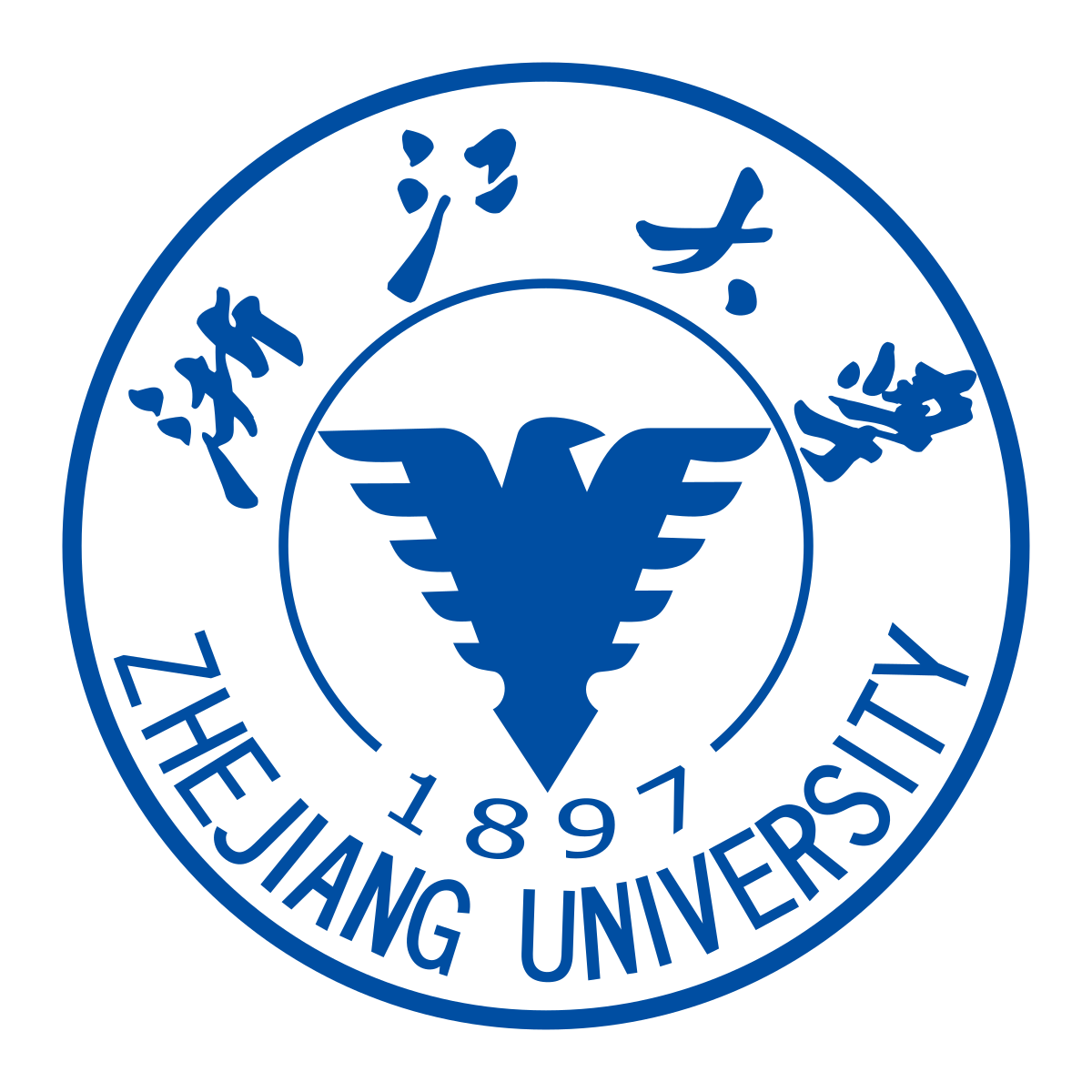Zhejiang University: Extracellular vesicles derived from NELL1-modified mesenchymal stem cells improve acellular bone regeneration
EVs are nanoparticles (30–200 nm) secreted by various cell types, and the lipid bilayer of EVs can retain their bioactivity for a long time and protect functional molecules inside, such as miRNAs. EVs-mediated cell-free therapy is considered a promising alternative to stem cell transplantation. Proper gene modification of EVs can significantly improve cellular uptake or therapeutic RNA delivery to promote therapeutic efficacy. Neural EGFL-like 1 (NELL1) is a protein that stimulates bone formation and may be a suitable gene for EV modification, specifically for bone regeneration.
Recently, the research team led by Prof. XIE Zhijian from the School of Stomatology, Zhejiang University School of Medicine, published an article entitled “Extracellular vesicles derived from neural EGFL-Like 1-modified mesenchymal stem cells improve acellular bone regeneration via the miR-25-5p-SMAD2 signaling axis” in the journal Bioactive Materials.
In this study, the researchers demonstrated that Nell1-modified EVs can effectively induce the osteogenic differentiation of BMSCs. Then more in-depth explanation was given in terms of mechanism, to be brief, the decrease in miR-25–5p contributed to Nell1-induced osteogenesis by targeting the Smad2 gene and mediating SMAD and ERK pathway. A 3D-EV-hydrogel with Nell1/EVs was established to repair rat calvarial defects and presented significantly enhanced osteogenic properties.
“This results inspire us that treatment based on Nell1/EVs could be a promising therapy for bone defect healing, and provide a novel understanding of how gene-modified EVs could replace stem cells in bone diseases cure as acellular regeneration strategy,” said Prof. Xie.

